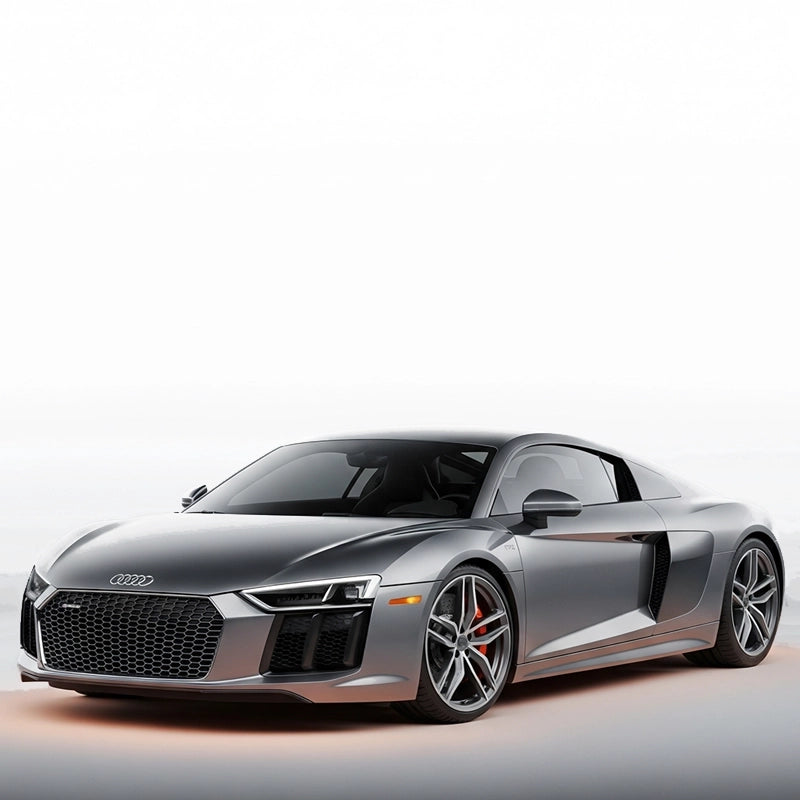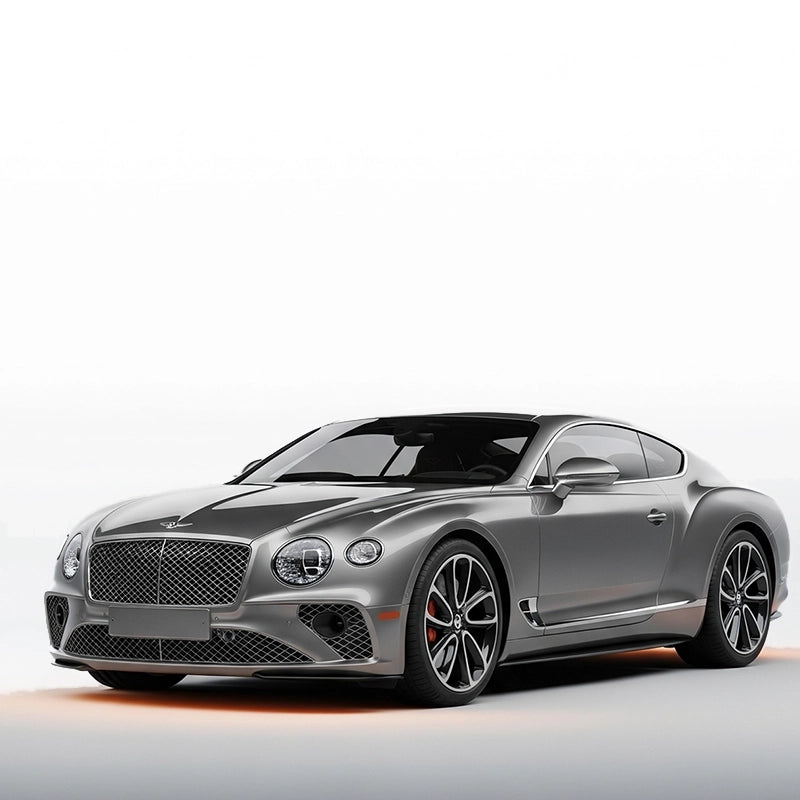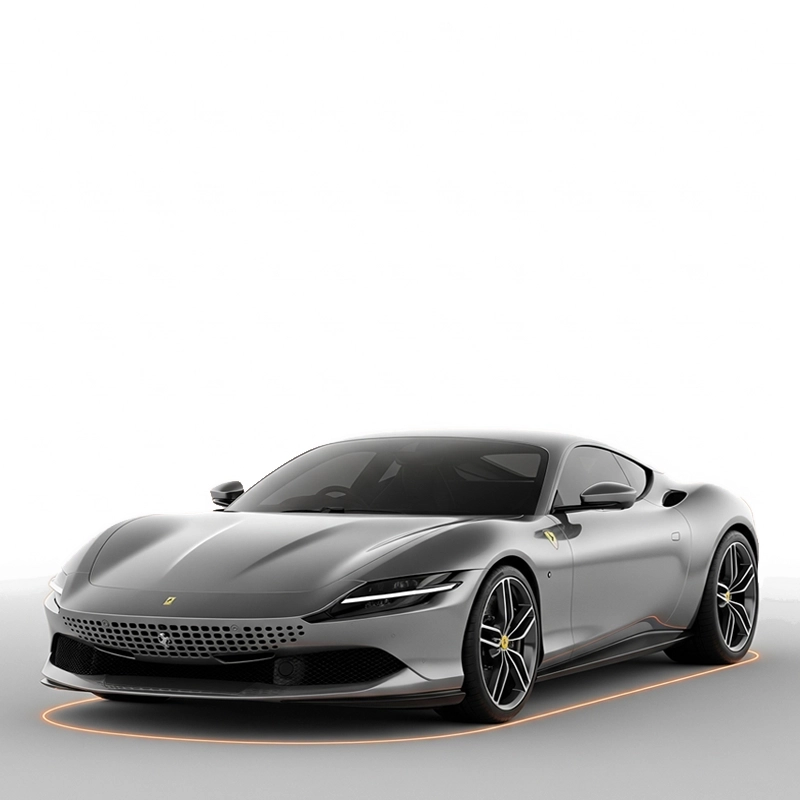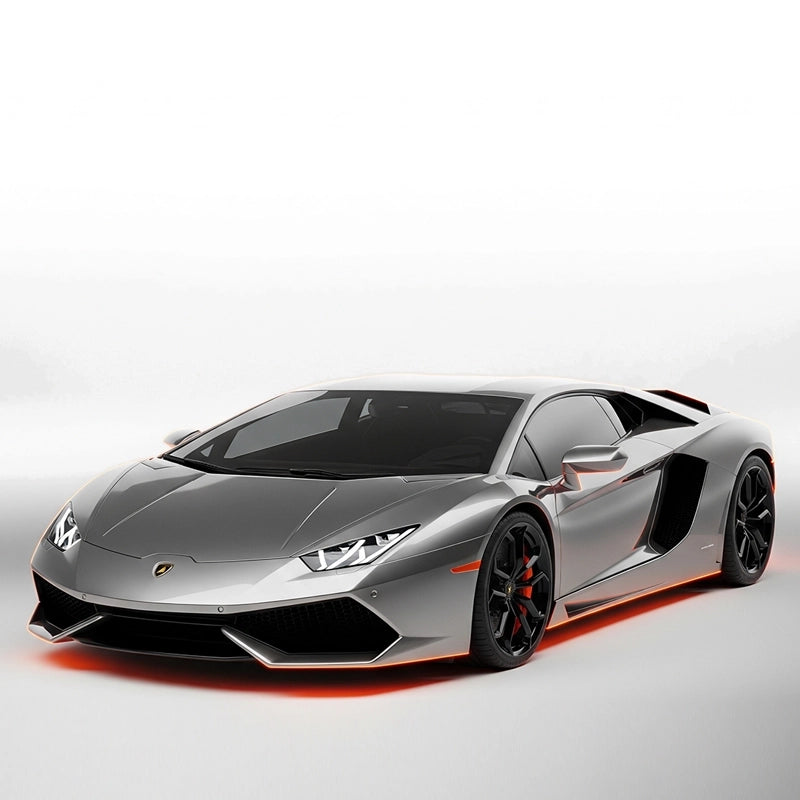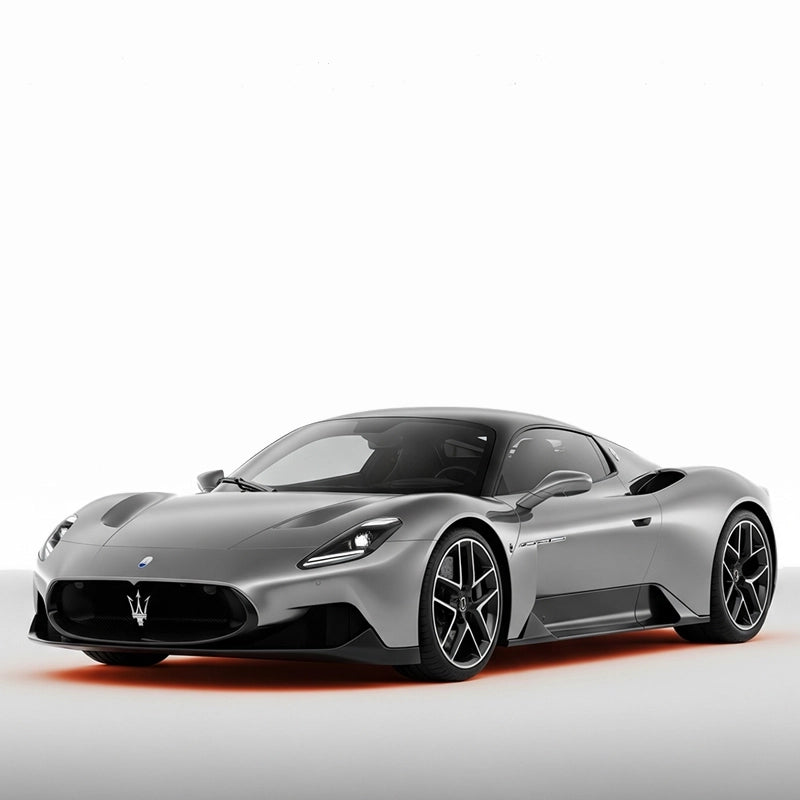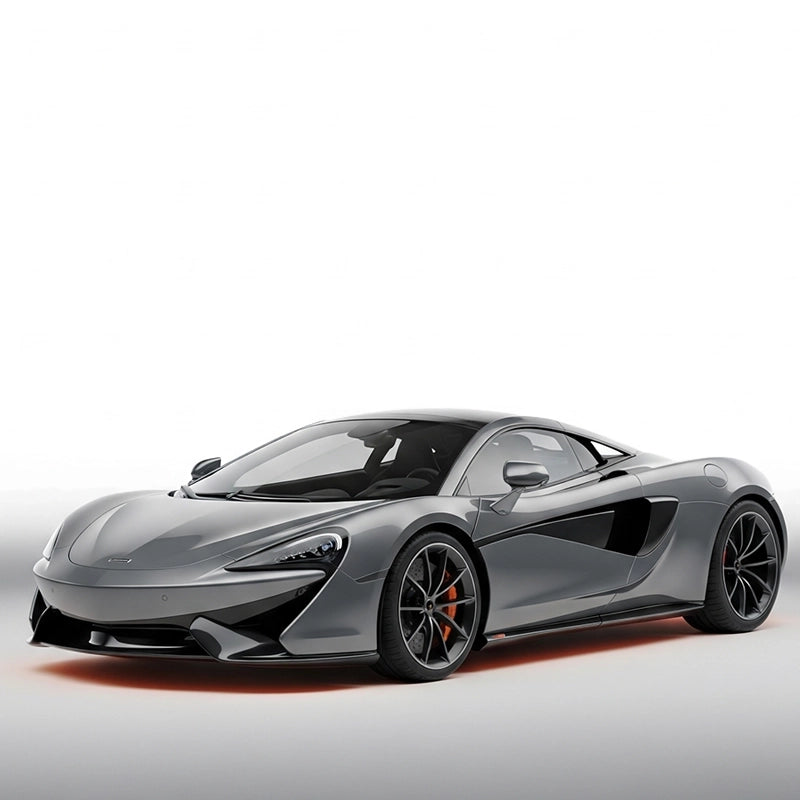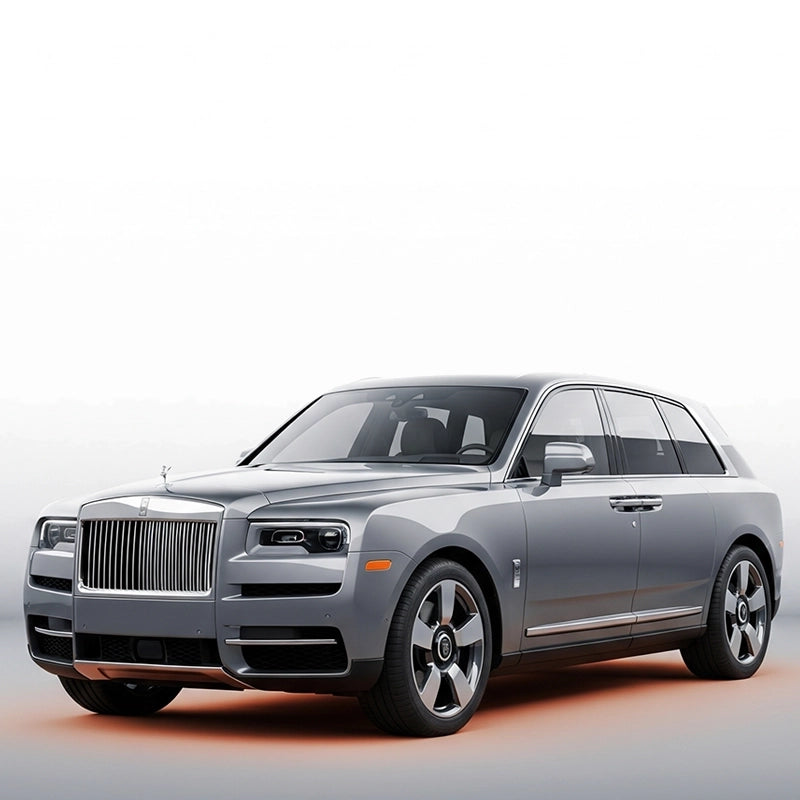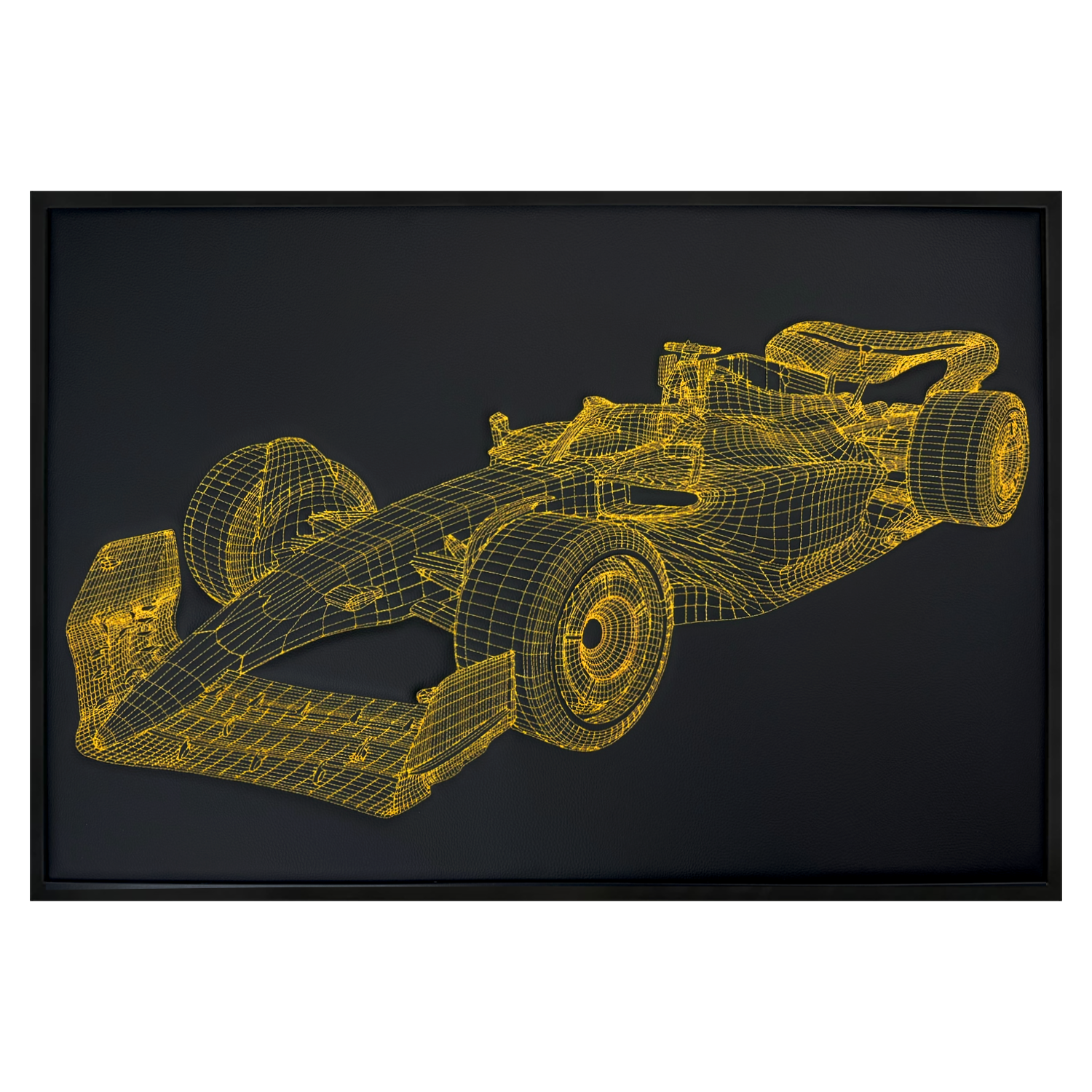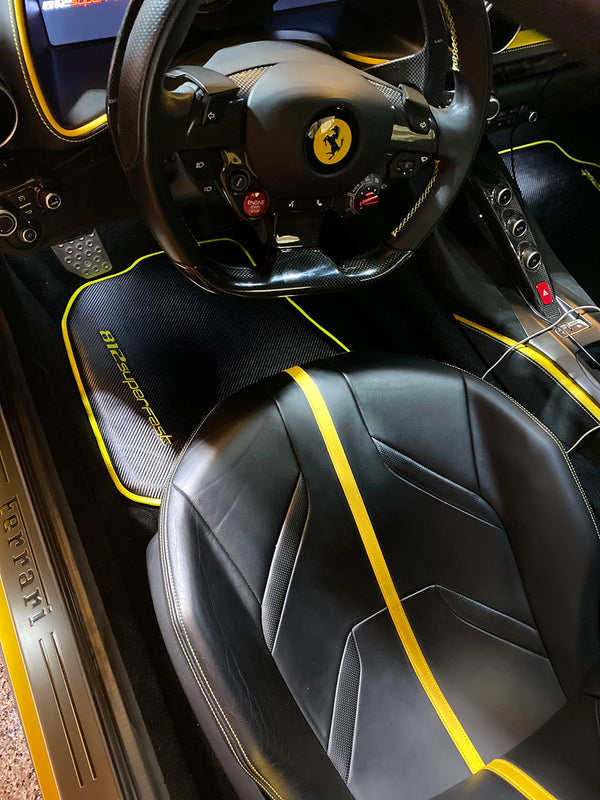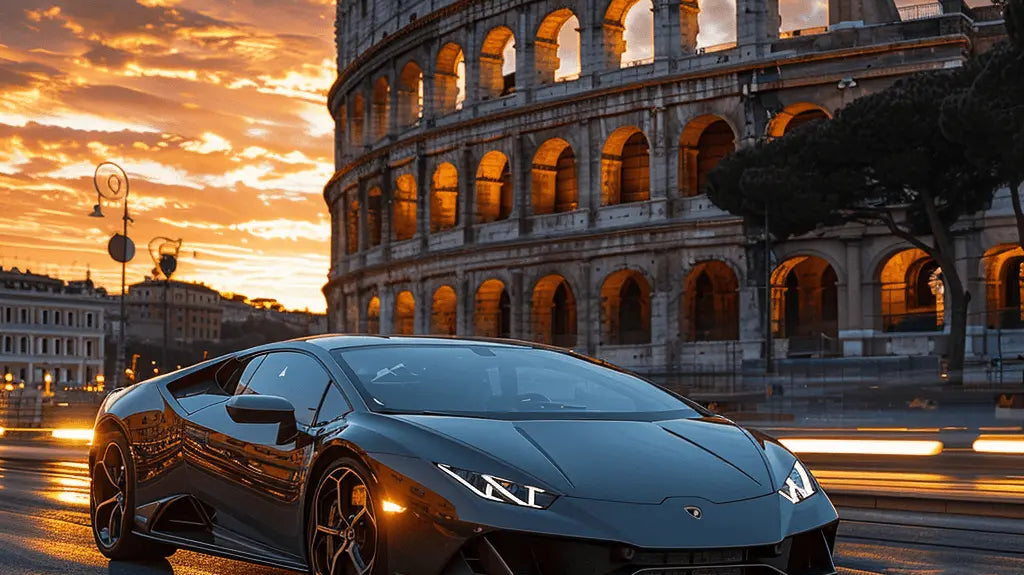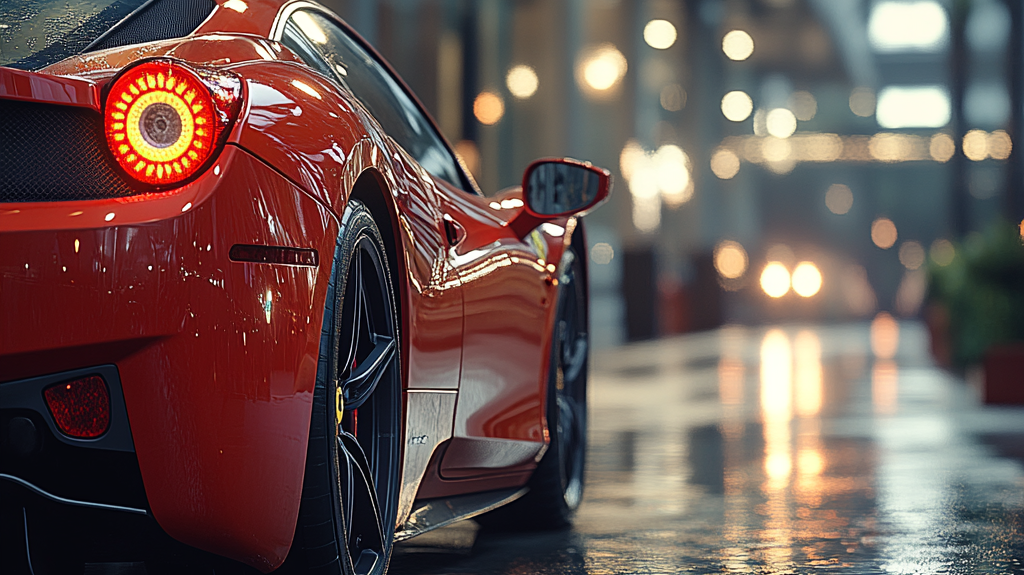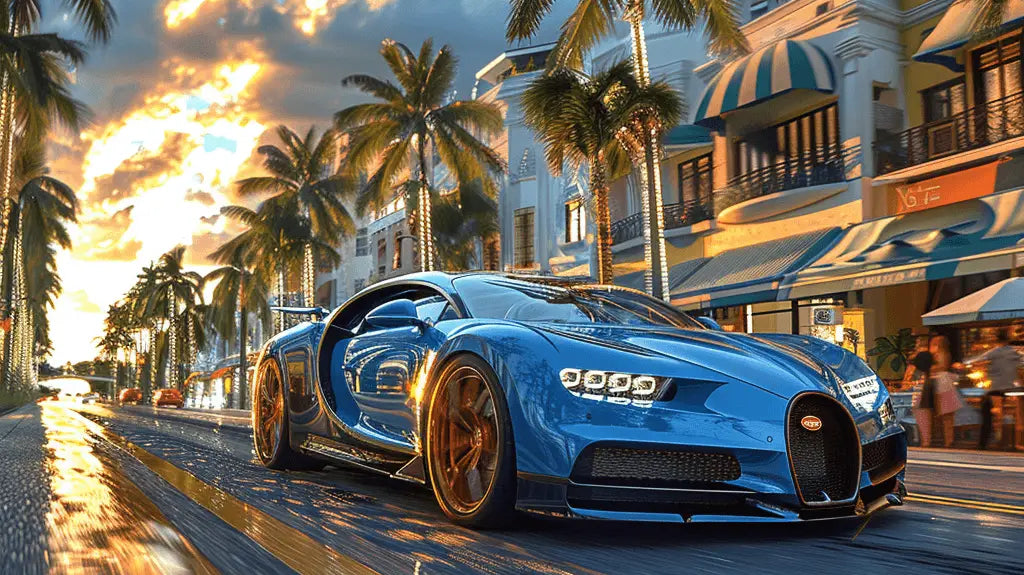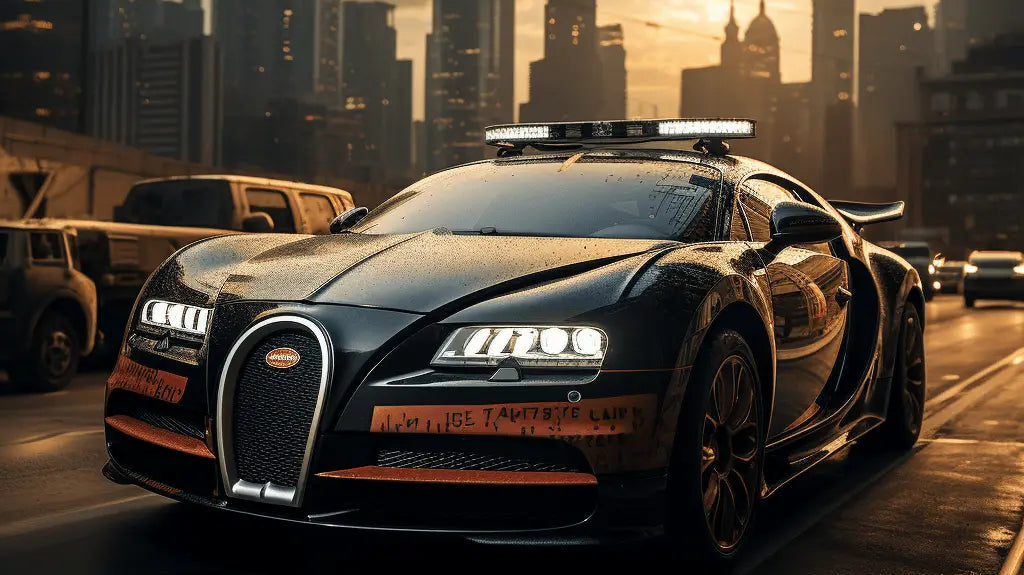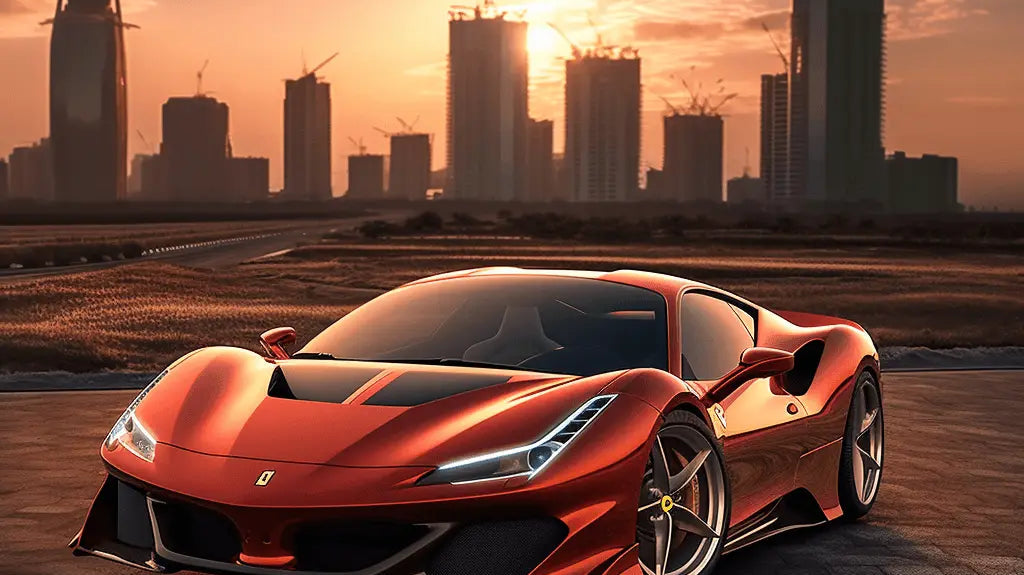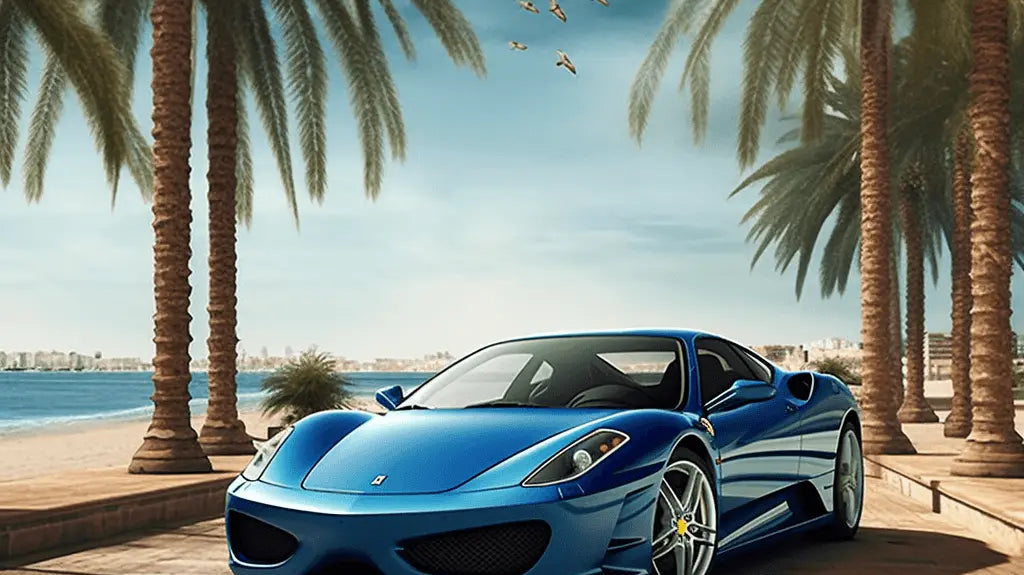What engine is in a Lamborghini Gallardo?
I still remember the first time I fired up a Lamborghini Gallardo before sunrise. Cold start, quiet street, neighbors asleep. Then: the bark. That V10 doesn’t so much idle as it thrums through your sternum. The Lamborghini Gallardo is one of those rare cars that feels alive before you’ve even moved an inch—and a lot of that magic is down to the engine(s) it used over its decade-long run.
Short answer? The Gallardo used two closely related naturally aspirated V10s: an early 5.0-liter and, from the 2009 refresh onward, a 5.2-liter with direct injection. Long answer? Strap in.

Lamborghini Gallardo engine overview
The Lamborghini Gallardo launched in 2003 with a 5.0-liter V10, evolving to a 5.2-liter V10 from 2009. Both are high-revving, naturally aspirated units paired to either a six-speed gated manual (rare and lovely) or an automated single-clutch “e-gear” (far more common). Most cars are all-wheel drive; a few glorious specials are rear-drive.
5.0-liter V10 (2004–2008): the raw one
Early cars make 493 hp (later 512 hp) and around 376 lb-ft. On a damp B-road, the 5.0 feels eager—slightly more mechanical, a touch edgier. I always loved how it comes on song around 5,000 rpm, then rips to redline with that signature Italian-metallic tenor. The e-gear in these can be a bit clunky in traffic (learn the throttle dance and it’s fine), but on-ramps? Crisp, fast, satisfying. The manual, meanwhile, is theater: a polished gate, a firm clutch, and a soundtrack to match.
5.2-liter V10 (2009–2013): the polished hitter
The 2009 update brought the 5.2-liter with direct injection: smoother, stronger, cleaner. Outputs ranged from 552 hp in the LP560-4 to 570 hp in the LP570-4 Superleggera/Squadra Corse. Torque climbs to about 398 lb-ft. When I tried one on rough roads, the engine’s extra midrange made the Gallardo feel more elastic—you don’t have to cane it, but when you do, it’s an opera. This motor also feels happier at low speeds, which you’ll appreciate during city crawls or those Miami night-out valets.
- 0–60 mph: roughly 4.1 s (early 5.0) to 3.4 s (LP570-4)
- Top speed: up to ~202 mph (325 km/h)
- Drivetrain: mostly AWD; special RWD editions (Balboni LP550-2, later LP570-2)
- Transmissions: 6-speed manual or e-gear single-clutch automated
Special editions of the Lamborghini Gallardo
Because it’s Lamborghini, of course there were specials. The Superleggera (2007, then 2010+) trims weight and sharpens responses; the LP550-2 Valentino Balboni goes rear-drive and old-school fun; the Super Trofeo Stradale and Squadra Corse bring the race-car vibe to the street. Power mostly mirrors the base engines—what changes is character. The lighter cars feel more jittery in the best possible way, perfect for back-road mornings and track days where your coffee can live in the pits.

Lamborghini Gallardo: comfort and performance in the real world
I noticed right away how the Gallardo’s bucket seats walk the line between snug and surprisingly comfortable. The driving position is pure supercar—low, legs-out, wheel right where you want it. On rough city streets the ride is firm, occasionally fidgety, but not punishing. Steering is meaty and accurate; the car pivots eagerly. It’s quiet enough to hear your kids arguing in the back (there isn’t a back), but highway drone is minimal at a cruise.
Quirks? Early infotainment is borrowed from period Audi—it works, looks dated, and the nav will occasionally insist you’re in a field. The front trunk is a weekend bag and jacket affair. Some early cars lacked the front-axle lift; scrape fear is real on steep driveways.
AutoWin floor mats: the Gallardo accessory I wish I’d had sooner
After a rainy canyon run, I once tracked half a hiking trail into a Gallardo’s footwell. Since then, I’m all for properly fitted mats. To complement the cabin of your Lamborghini, consider AutoWin mats—made to fit, durable, and easy to wipe after a rogue cappuccino. Whether you’re commuting or chasing sunrise switchbacks, they keep the interior tidy without looking aftermarket.
- Tailored fit for Gallardo footwells
- Durable materials; easy to clean
- Adds a touch of elegance without shouting

How the Lamborghini Gallardo stacks up
| Car | Engine | Power (hp) | 0–60 mph | Drivetrain | Top speed |
|---|---|---|---|---|---|
| Lamborghini Gallardo LP560-4 | 5.2L V10 NA | 552 | ~3.7 s | AWD | ~202 mph |
| Ferrari F430 | 4.3L V8 NA | 483 | ~3.9 s | RWD | ~196 mph |
| Audi R8 5.2 | 5.2L V10 NA | 525 | ~3.7 s | AWD | ~196 mph |
| Porsche 911 Turbo (997.2) | 3.8L flat-6 twin-turbo | 500 | ~3.2 s | AWD | ~194 mph |
Owner chatter: what Gallardo drivers actually talk about
A few owners mentioned to me that the Superleggera’s firmer ride is worth it for the sharper turn-in, but they’d choose a standard LP560-4 for longer trips. Many swear by regular servicing (these cars like fresh fluids) and watching clutch wear on e-gear cars, especially if you reverse uphill often. And yes, practical yet stylish interior choices—like good mats—come up more than you’d think. Keeps the cabin looking as special as the exterior.
Conclusion: the engine that made the Lamborghini Gallardo an icon
So, what engine is in a Lamborghini Gallardo? A glorious naturally aspirated V10—first 5.0 liters, then a 5.2 with more polish and punch. It’s the heart that made the Gallardo not just fast, but memorable. Pair that with a set of well-fitted AutoWin floor mats and you’ve got a supercar that feels special on a canyon road and stays tidy for date night. Not a bad combo.
FAQ: Lamborghini Gallardo
- What engine does the Gallardo use? Early models use a 5.0-liter NA V10 (493–512 hp). From 2009, a 5.2-liter NA V10 (552–570 hp).
- Is the Gallardo reliable? Generally solid for a high-performance car if serviced regularly. Maintenance and consumables aren’t cheap; budget accordingly.
- How much does maintenance cost? Routine servicing can run about $2,000–$4,000 annually, with clutch or major repairs adding more.
- How quick is it? 0–60 mph ranges from about 4.1 seconds (early 5.0) to 3.4 seconds (LP570-4). Top speed around 202 mph depending on variant.
- How many were made? Approximately 14,022 units from 2003 to 2013; the Gallardo was replaced by the Huracán.
Premium Accessories for Mentioned Vehicles
Custom-fit floor mats and accessories for the cars in this article

